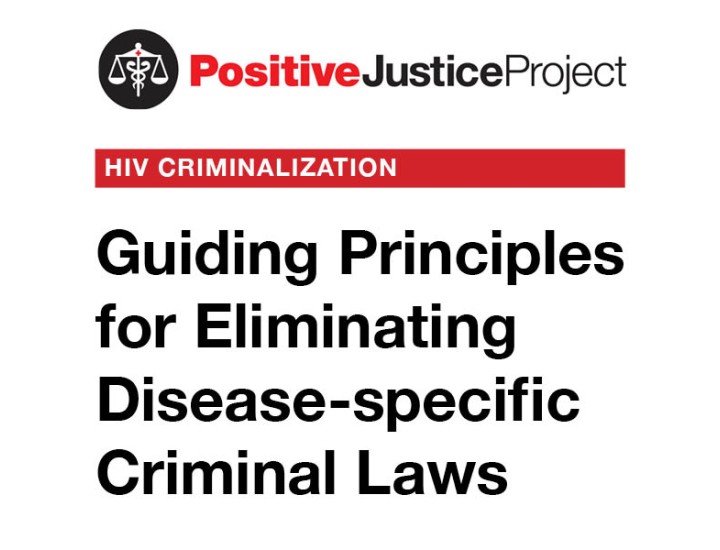Published June, 2017
State v. Davis, 2017-Ohio-733
The Court of Appeals for the Seventh District of Ohio affirmed the sentence of a woman living with HIV (“the appellant”) who pled guilty to two counts of felonious assault after having sex with two men without disclosing her HIV status. The State sought four to six years of incarceration, but the trial court imposed a seven-year sentence. The appellant argued that the prosecutor made an improper statement and that her sentence was contrary to law.
As to the first issue, the appellant argued that, during the sentencing hearing, the prosecutor made improper remarks that were baseless, inflammatory, and expressed his personal beliefs: “[t]o me those two men have life sentences.” Since appellant did not object to the statement at the hearing, the State merely had to show that the statement was not “plain error.” The Court held the State could meet this low bar because the court must consider the severity of physical, psychological, or economic harm caused. Specifically, the Court noted that while the prosecution may have engaged in “some hyperbole,” it was reasonable to believe that the “victims” suffered some harm, and the statement was only made to the judge at sentencing, not to the jury. As of this holding, neither man has tested positive or experienced symptoms of HIV.
As to the second issue, the appellant argued that the court abused its discretion and/or issued a sentence contrary to law because she had no criminal record and there was no known harm to the victims. The Court rejected this argument because the maximum sentence for her conviction was eight years.
Copyright Information: CHLP encourages the broad use and sharing of resources. Please credit CHLP when using these materials or their content. and do not alter, adapt or present as your work without prior permission from CHLP.
Legal Disclaimer: CHLP makes an effort to ensure legal information is correct and current, but the law is regularly changing, and the accuracy of the information provided cannot be guaranteed. The legal information in a given resource may not be applicable to all situations and is not—and should not be relied upon—as a substitute for legal advice.
